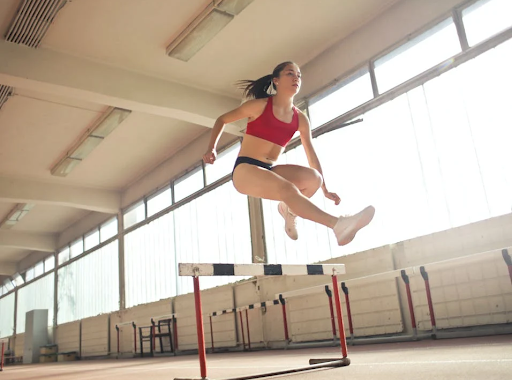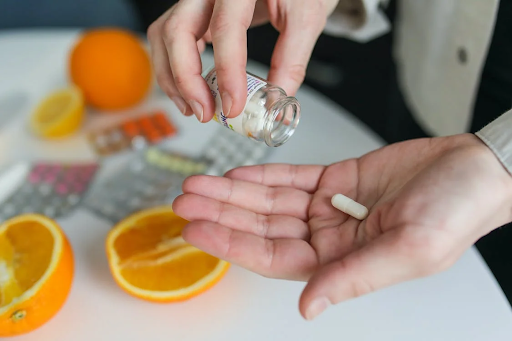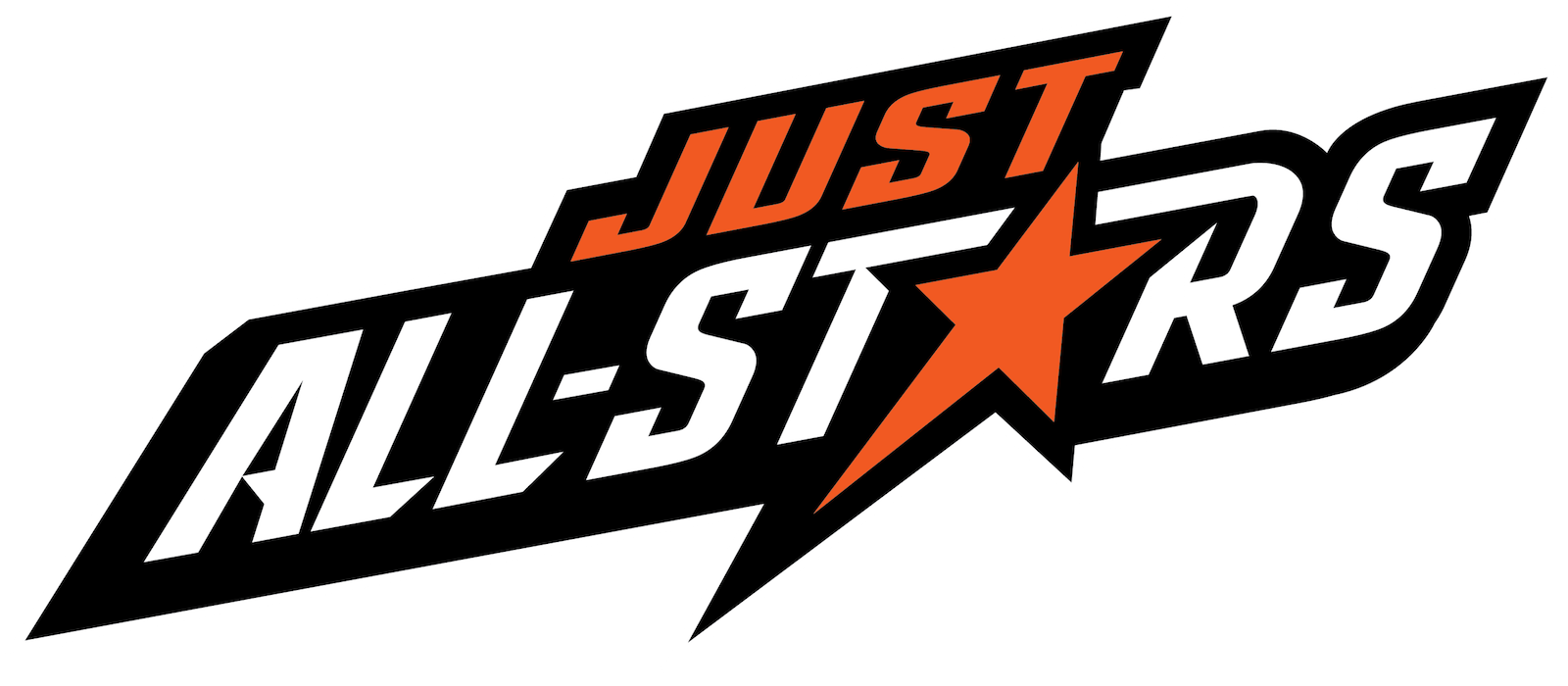
Effective Hacks That Will Help You Boost Your Athletic Performance
Boosting athletic performance has never been simpler. Athletes are accomplishing so much, and we never believed it would be possible, but thanks to current technological advancements and training techniques, it is.
So where should you begin with enhancing your athletic performance? With so many alternatives, deciding what would be the most practical for you might be difficult.
That is why we created this article, which will help you with the finest techniques for boosting your athletic performance to the next level without making it too hard.
Table of Contents
Healthy Diet
If you don’t eat well, your performance will decrease even if you exercise all the time, because your body simply doesn’t get the fuel it needs to do its best. You need the right number of calories, fluids, carbohydrates, fats, proteins, amino acids, and other substances to perform well during sports.
Your diet may not be that different from a regular individual’s, it will all depend on the sports performance in which you participated. When you exercise hard for 90 minutes or more, at a high intensity that takes a lot of endurance, you need a diet that can help you perform at your peak and recover quickly afterward.
If you exercise frequently and avoid being a sedentary person, you will require more carbs since you burn more fuel when exercising than those who don’t care about their athletic performance and spend most of their time watching TV or lying on the couch reading through social media.
Athletes also need to increase their protein intake because it builds muscle mass and helps maintain it. Protein can come from sources such as fish, nuts, seeds, poultry, lean meats, and certain vegetables.
Most athletes will get the fat they need through a balanced diet. If you eat regular food, your fat intake will probably be normal.
If you are wondering how a healthy diet affects athletic performance, you should consult a doctor, as well as a sports nutritionist, because your needs may vary from someone else’s.
Fluids and Supplements
It is essential to drink appropriate fluids as an athlete; yet, bear in mind that water is the king of all liquids. As a result, even while sports drinks help replenish electrolytes lost during severe activity, you should not rely on them significantly.
Dehydration can drastically reduce your exercise performance, so there should always be rehydration as much as possible.
Many people understand the importance of nutrition for athletes, but often neglect supplementation, which can help athletes work better during exercise.
Supplements can also help you get some of the nutrients you may be missing from your diet. To that end, when looking at different supplements available on the market nowadays, it is important to determine which ones would be the best for you and start using them. There are:
Muscle building supplements
- Adequate protein intake from all sources
- Protein powder and shakes (use sparingly)
- Creatine
- EAA or essential amino acids
 Weight loss supplements
Weight loss supplements
- Caffeine
- Ephedra
- Salicin
- Low-calorie diet
- green tea extract
- high-fiber diet
- branched-chain amino acids
Can Yoga Help In Boosting Athletic Performance?
Incorporating yoga into your daily routines is another excellent way to improve your strength and resistance. Yoga can aid in the development of breathing, agility, core strength, and stamina.
Whether you’re into competitive sports or just occasionally jogging, breathing can have a profound influence on the effectiveness of your exercise. When you practice deep and calm breathing, you are assisting your body and mind in overcoming anxiety and improving attention, all of which are important in athletic performance. Yoga will help you learn how to breathe properly. Athletes can reap many benefits from this mix of training techniques since yoga influences both your body and mind positively.
Take a Break
The post-exercise recuperation is just as vital as the practice itself. There are many factors, and the main one is that it aids in injury prevention.
Your muscles require time to recover because your muscular tissue experiences microscopic small rips every time you workout. It’s an important aspect of getting stronger and bulkier.
You’re only asking for an injury if you opt to work through the discomfort rather than give your body adequate time to recover. A lack of sufficient rehabilitation happens to be the main prevalent cause of muscle rips and major injuries. Your main goal is to get out of the gym feeling energized and stronger, not to hurt yourself, so don’t overdo it.
It really isn’t difficult to improve athletic performance. In truth, the most successful strategies are fairly simple.
Whether you’re an athlete, coach, or gym owner, using these hacks as the cornerstone of your training approach will generate big benefits.
